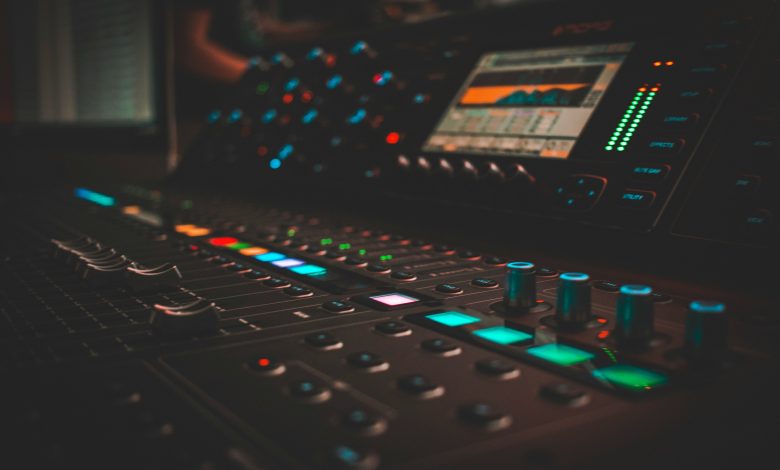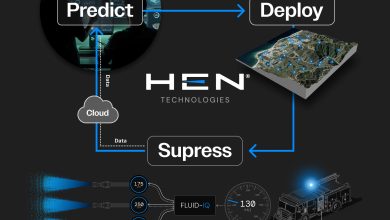
The creative industries are unsettled. The rise of artificial intelligence (AI) has sparked debate about how it will influence creativity and those who make a living from it. This summer, those concerns deepened when the UK’s Data Bill passed without an amendment that would have required AI companies to disclose which copyrighted works they use to train their models. The proposal was backed by artists including Sir Elton John, Dua Lipa, and Sir Paul McCartney.
For a billion-pound sector that underpins Britain’s global cultural influence, that’s more than a missed opportunity – it risks giving away world-class intellectual property for free.
Artists are right to be concerned. AI systems are already being trained on music, scripts, images and ideas, often without consent, credit or compensation. Concern alone, however, will not change the trajectory. Creators cannot afford to simply react. They must seize this moment to shape the future of creative ownership.
Learning from the past
We’ve seen this story before. When piracy and early streaming disrupted music, artists resisted, but the platforms profited. Now, as the government takes a cautious, wait-and-see approach to AI regulation, history risks repeating itself. Once again, creators are being told innovation must come before fairness.
The same mistakes are happening again with AI. Companies have scraped catalogues from YouTube, Spotify, and digital libraries to train their systems. Instead of just distributing content, AI now generates new works built on the foundation of human creativity. And again, Big Tech is profiting while creators risk being cut out of the value chain.
History will repeat itself unless artists shift from protest to power. This means building coalitions, creating ownership models, and negotiating with technology companies on equal terms.
AI as a creative partner
Despite these risks, AI is not a replacement for human creativity. It is a collaborator and a good one.
Recent controversies, like the backlash against Timbaland’s AI-assisted track, show how quickly the industry can turn fearful. There’s a lot of scaremongering, and while some of it is justified, it also risks stifling innovation before artists have had the chance to define how these tools should be used.
As a musician and producer, I use AI as a kind of ping-pong partner bouncing ideas back and forth, unlocking sounds and styles that might not otherwise exist. It narrows the gap between imagination and reality, helping me bring my ideas to life faster.
Creativity is resilient. From paintings to synthesisers, artists have always embraced new tools. The question is not whether AI belongs in the creative process (it does), but whether it evolves in a way that respects and rewards the artists who make it possible.
Democratising creativity
AI has the potential to democratise creativity and lower barriers that have long excluded unrepresented and independent voices from music, film and design.
A musician can compose a film-quality score from their bedroom. A filmmaker can storyboard a scene without hiring a full production team. A designer can visualise concepts that once required costly software or years of expertise.
These tools do not erase talent, but they can accelerate it. They give more people the power to share their ideas without needing permission from traditional gatekeepers. Technology has always played a role in widening access; and AI is the next leap forward.
Building responsible AI
Responsible AI isn’t about slowing innovation but it’s about ensuring creativity and technology grow together, with value shared fairly. Transparency, consent and fair reward should be built into the system from the start, so artists understand how their work is used and can benefit from it.
This means:
- Transparency: Audiences deserve to know when content is AI-generated. Standard labelling should become the norm.
- Consent: Artists must choose how their work is used and have the right to opt in or opt out.
- Compensation: Licensing and fair payment models must be embedded from the start.
- Inclusion: Creators should be part of the decision-making process, not only engineers or executives.
These principles are achievable through industry coalitions, digital provenance tools, and fair-use frameworks for licensing creative work. What is missing isn’t technology, but the will to prioritise artists’ rights.
The stakes for the future
With deepfakes, data misuse and opaque models on the rise, trust in creative industries is under threat. Without stronger collaboration between government, industry and creators, the UK could risk losing control of its cultural wealth.
British creativity is world-class IP; it shouldn’t be handed to Big Tech for free. The task now is to move beyond protest and claim ownership through participating in the invention and evolution of the technologies that will become the tomorrow’s paintbrushes. AI learns from us; we must teach it wisely and ensure its value strengthens, not supplants, the human imagination that fuels it.


